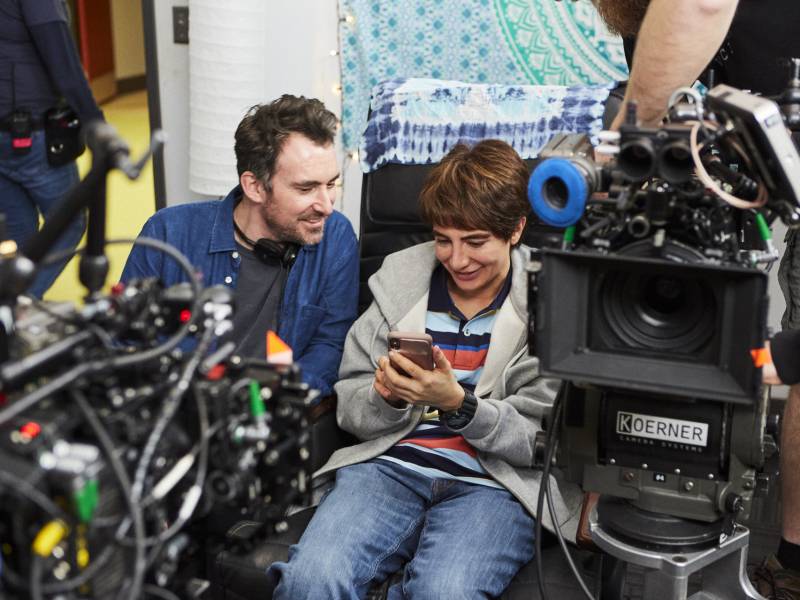As my colleague Linda Holmes pointed out to me, these cop procedurals are not complicated, conceptually. Every week, a case gets solved. Actors can get swapped out. Some shows have baked-in advantages that make it easier to stick around, including animated shows like The Simpsons, American Dad and Family Guy, all also at the top of that list. Making these shows is easier for actors, you can watch them no matter how old you are, and they’re relatively cheap.
“I don’t know if a show created now could go the distance,” says Mike Barker, who’s written and produced for Family Guy (on its 20th season) and American Dad (on its 18th). “Because everything has changed so much.”
Those changes are not only in how we consume TV shows, says Nasim Pedrad. They translate to changes in how TV writers tell stories.
“Things on shows happen fast. You have to find an audience quickly because of that,” she says. “Like, it used to take multiple seasons before the Friends [characters] started sleeping with each other, for example, but now with binge culture, there’s so much pressure to hook the audience that things just need to happen faster. You’re burning through plot a lot faster.”
“A streaming provider has incredible amounts of data on a TV show,” adds Binder. “And they’re so data-driven, maybe they won’t let a show nurture. They’ll cut it off and replace it with another one.”
A constant stream of brand-new shows works for Netflix, which uses them to draw new subscribers. It works less well for an old-school, advertiser-driven network relying on relationships between shows and their fans. Even if somehow, Pedrad’s new show Chad ends up becoming a long-running hit, she’s not sure if that’s the best thing.
“Oh my goodness,” she says. “I don’t know if I can pull off looking like a 14-year old-boy for 14, 15, 17 seasons.”
Copyright 2021 NPR. To see more, visit NPR.9(MDAxOTAwOTE4MDEyMTkxMDAzNjczZDljZA004))


9(MDAxOTAwOTE4MDEyMTkxMDAzNjczZDljZA004))

